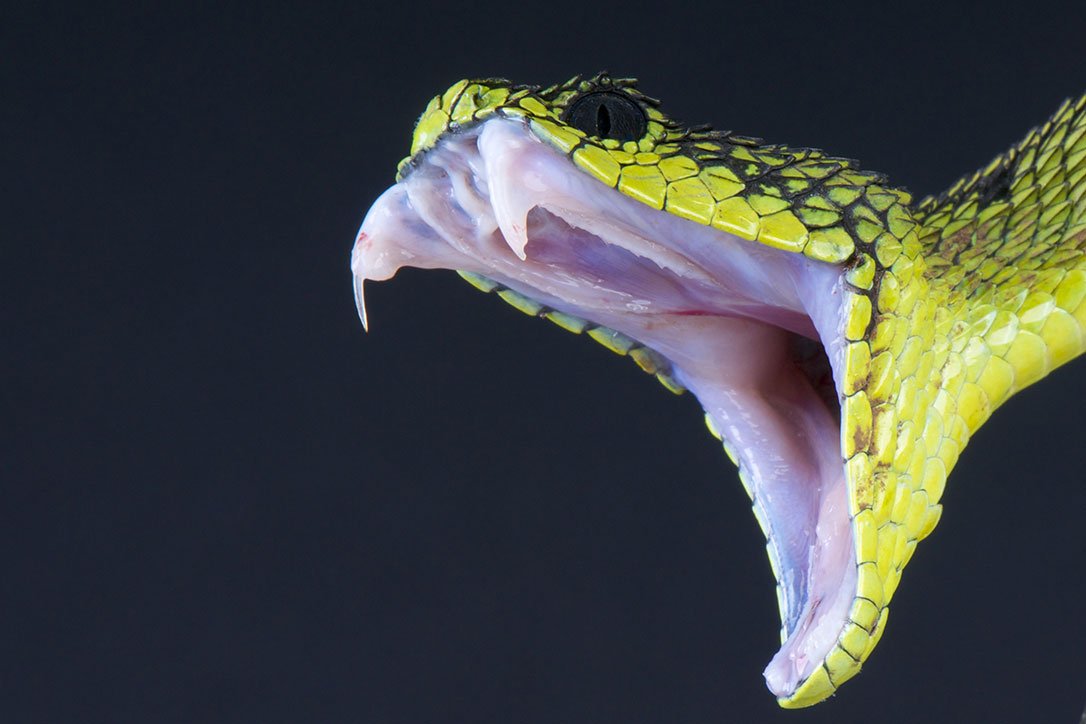Of the 5 million incidents of snakebites recorded annually across the world, 20, 000 occur in Nigeria, resulting in some 2,000 deaths and 1, 700 cases of amputation in the country.
This is according to the Minister of State for Health, Olorunnimbe Mamora, who made the declaration during a briefing to commemorate the 2021 International Snakebite Awareness Day (ISBAD) on September 19 in Abuja.
Despite snakebites and envenomation occurring every single year, peaking especially in the heat season, between the periods of January and April, Nigeria has failed to pay sufficient attention to this menace.
At the moment, there are only 5,000 anti-snake venom (ASV) vials in the country to cater for the 20,000 persons anticipated to suffer snakebites in the country. Unless urgent action is taken, the acute shortage of ASV recorded in 2019, which resulted in many needless deaths, would reoccur.
The challenges of treating snakebites in the country are enormous. Apart from the shortage of ASV, its affordability has become increasingly untenable for most victims.
A vial of the ASV that used to sell for N23-N25,000 recently is now selling for N45,000, according to a recent investigation by the News Agency of Nigeria (NAN).
Considering that a patient would need at least three vials for the treatment and that most victims are impoverished Nigerians living in rural communities, the rising cost of ASV is a serious cause for concern.
This, alongside the fact that only N131 million was budgeted for snakebite envenoming care in 2020, of which only N98m was released, means there is a huge funding gap in addressing this problem.
As of today, the ASV are mostly made available through a programme that involves the Nigerian government, Liverpool School of Tropical Medicine, Oxford University, a UK-based company called Therapeutic Antibody and a university in Costa Rica. This programme uses venoms extracted from Nigerian snakes to produce the anti-venom, which are then shipped to Nigeria. The challenge is that these producers only produce ASV for Nigeria during certain periods in the year, thereby limiting the availability of the ASV.
While these foreign partners are ready to share technology and knowledge for Nigerian producers to manufacture the ASV in the country, local research institutes and producers are not equipped to take on this responsibility.
Nigerian health authorities will have to build the capacity of local producers and create the enabling atmosphere for the successful production of the ASV locally to alleviate the shortages constantly being experienced.
Most snakebites in Nigeria are caused by three types of snakes, the cobra, the puff adder and the carpet viper, which alone contributes about 90 per cent of bites and 60 per cent of snakebite-related deaths in the country.
While snakebites occur nationwide, they are especially prevalent in Gombe, Plateau, Adamawa, Bauchi, Borno, Nasarawa, Enugu, Kogi, Kebbi, Oyo, Benue, and Taraba states and the victims are mostly children or peasant farmers. Yet most health facilities in these states are not properly equipped to deal with the challenge.
The Snake Treatment and Research Hospital, Kaltungo, established recently to help tackle the prevalence of snakebites in Gombe State, treats patients from the six states in the region while snakebite victims from Benue, Nasarawa and Kogi often have to be taken to the treatment centre in Langtang, Plateau State.
For Nigeria to adequately provide qualitative and competent snakebite envenoming care, it must build the capacity of healthcare workers and the facilities in the country. It must also improve data collection on the incidences across the states and most crucially, improve funding for envenoming care provision.
While it is essential for the government to subsidise the cost of ASV, it must also support the partnership of local research institutes with their international partners to develop their capacity to produce ASVs.
There also must be adequate sensitization of people living in the endemic states about what actions to take in the event of a snake bite
Snakebites and the resultant deaths and incapacitation they produce must be treated with all seriousness and given the necessary attention to ensure a healthier and more productive populace.

 Join Daily Trust WhatsApp Community For Quick Access To News and Happenings Around You.
Join Daily Trust WhatsApp Community For Quick Access To News and Happenings Around You.


